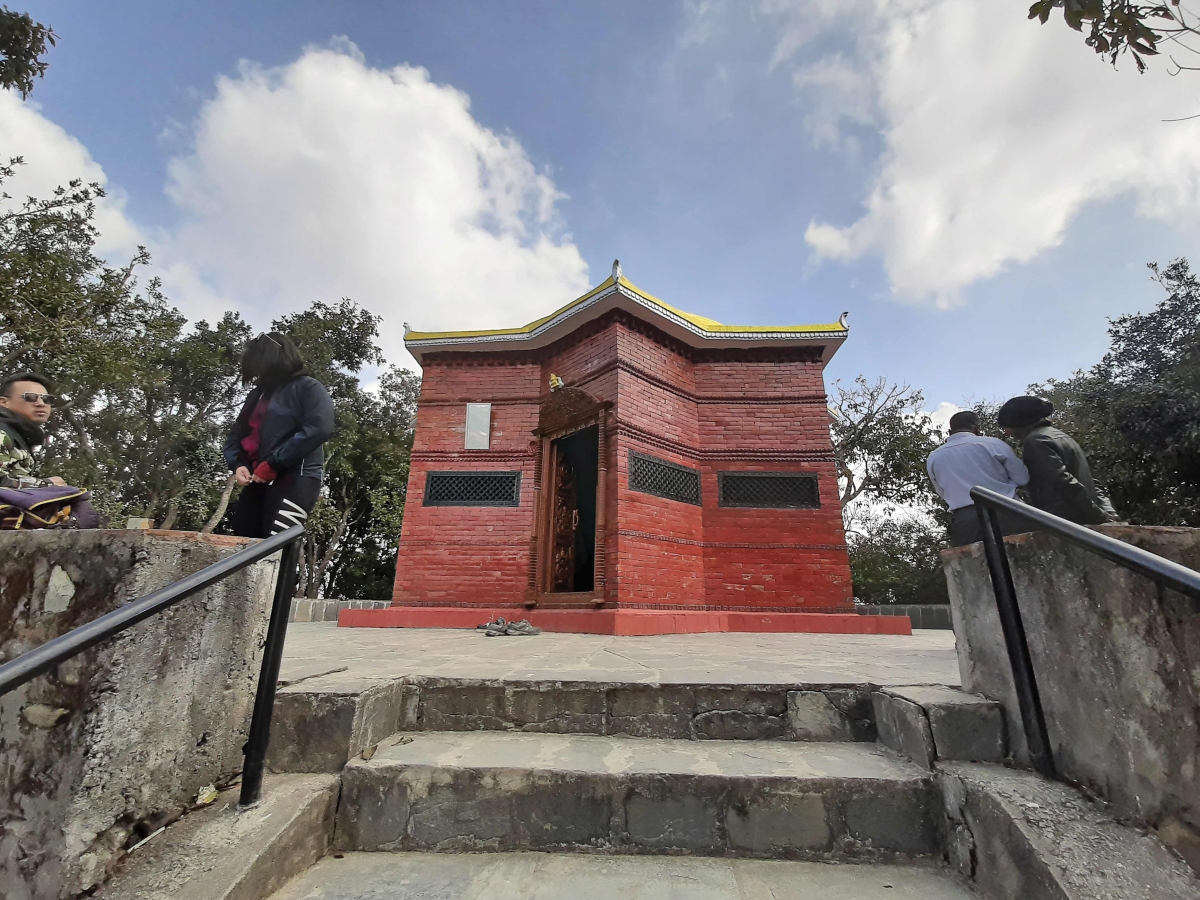South Asian Poetry Festival for Peace was held in Kathmandu on December 7 and 8 with the aim to get the South Asian voice through poetry, out in the open.
There couldn’t have been a better suited venue for poetry other than the Patan Durbar Square and the Kathmandu Durbar Square – two venues that are epitome of majestic beauty and are breathing spaces for people from all walks of life to relax, think or just do nothing at all. The first ever South Asian Poetry Festival for Peace (SAPFP) took poetry to these two venues and made sure that this art form really did reach out to the public.

As was ideal, old men basking in the sun, shopkeepers from nearby, mothers who bringing their children for a walk and young people simply passing time at the Durbar Squares – everyone made it to the audience including people who had specifically come to the venues just for the festival itself.
“I have always believed that every form of art has to reach out to all. In most cases, literary endeavors take place inside closed doors and they just reach out to a certain group of people,” says artist and poet Chirag Bangdel, who was the brains behind this project. “The festival was a platform where creativity and culture was shared, where voices and visions found an outlet,” he adds.
The festival brought together 19 poets from Bangladesh, Bhutan, India, Pakistan and Nepal. A few poets who couldn’t make it to Kathmandu last minute also participated in spirit through their poems, which were read out at the venue as well.
The first day kicked off at the Kathmandu Durbar Square on December 7 with the poets inaugurating the festival by letting go a balloon in the air, symbolically spreading the message of peace. Abhaya and the Steam Injuns were also a part of the festival and they presented themselves in a new way, performing only acoustic versions of their originals just for the occasion.
Each poet recited a few of their poems. The festival was presented simply and had an unpretentious air to it.
Arundhathi Subramaniam, poet from India calls the whole endeavor “a brave and crazy project.” She explains, “It takes a certain mad determination to brave the innumerable bureaucratic and logistical hurdles that a South Asian city confronts you with (in abundance), and put up a public event of this kind. I haven’t seen any like it, although I’ve travelled a fair amount in India and abroad.”
What she enjoyed the most was the energy of the event. “Literary festivals can sometimes be very efficiently organized, but they leave you feeling cold -- a bit like you’re merely filling a token slot that anyone else could have filled up,” she shares.
Through poetry, the festival has been able to bridge the borders and collectively bring out a South Asian voice for peace. Prakash Subedi, a Nepali poet believes that poetry and other art forms work in subtle ways to advocate diplomacy. “Events like these break down the ‘othering’, they blur the boundaries and deconstruct stereotypes,” says Subedi who shares that after hearing the all the poems he felt a familiar connection, a feeling of we are indeed very similar despite coming from different countries. SAPFP was able to convey the message of peace and regional harmony in a discreet manner. The festival sets out to be an annual affair in Nepal.








